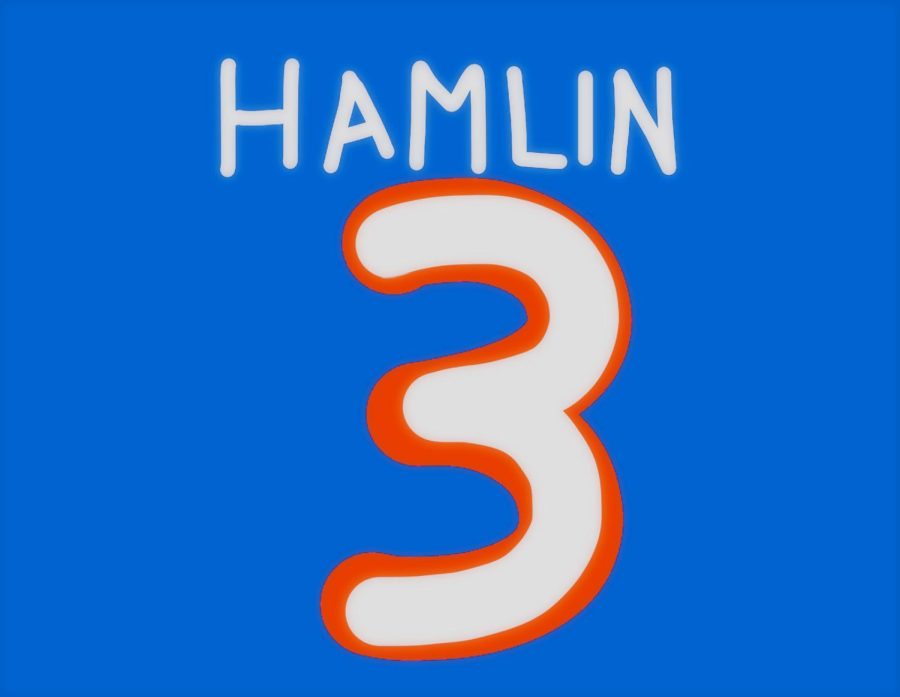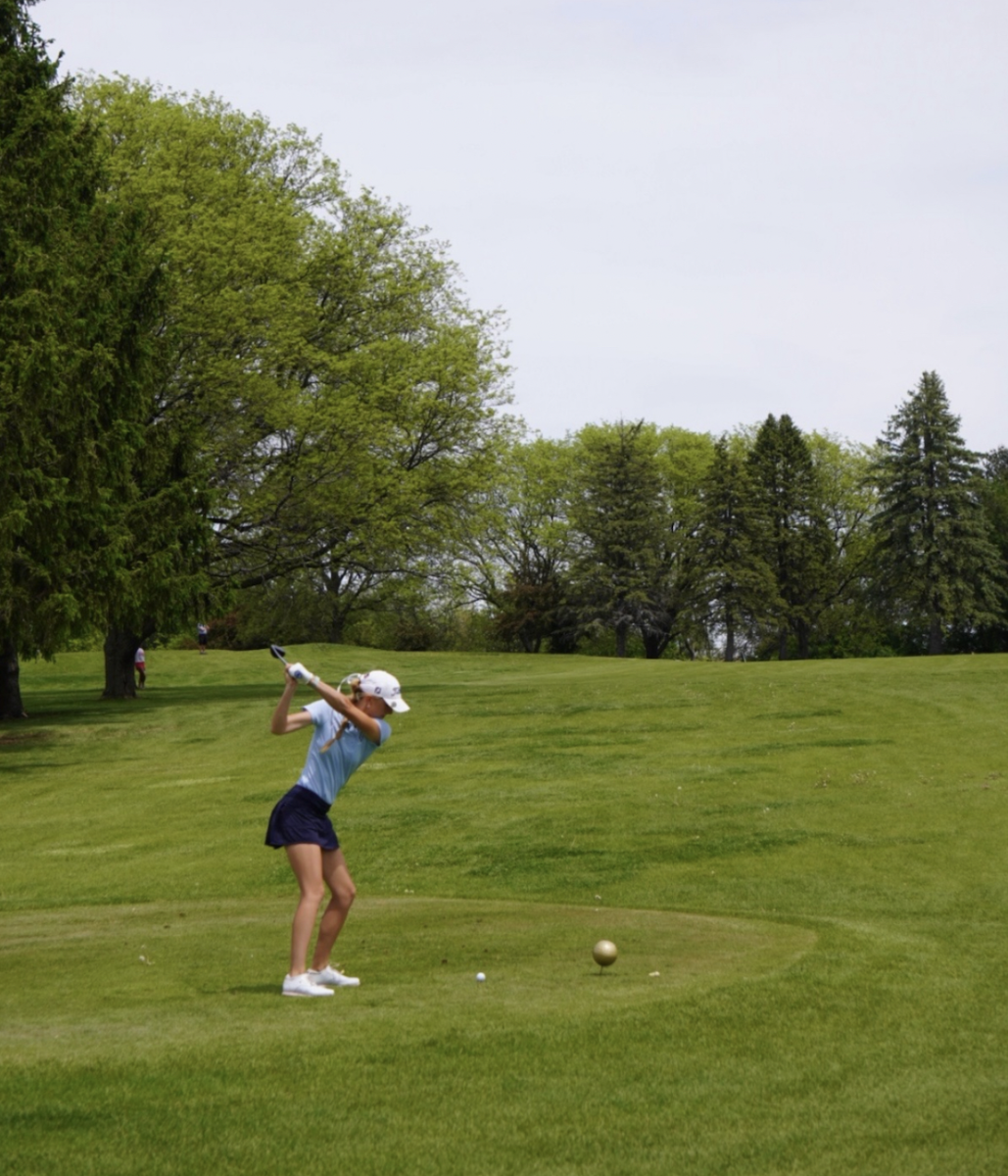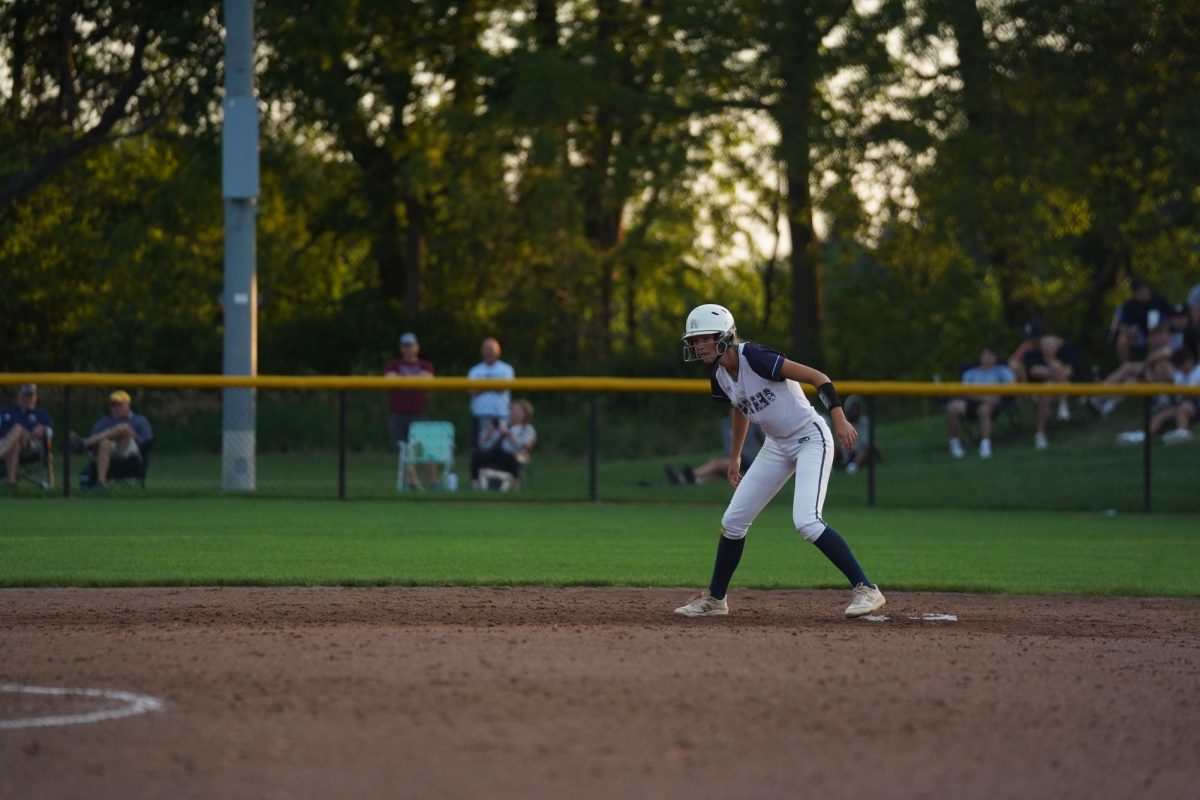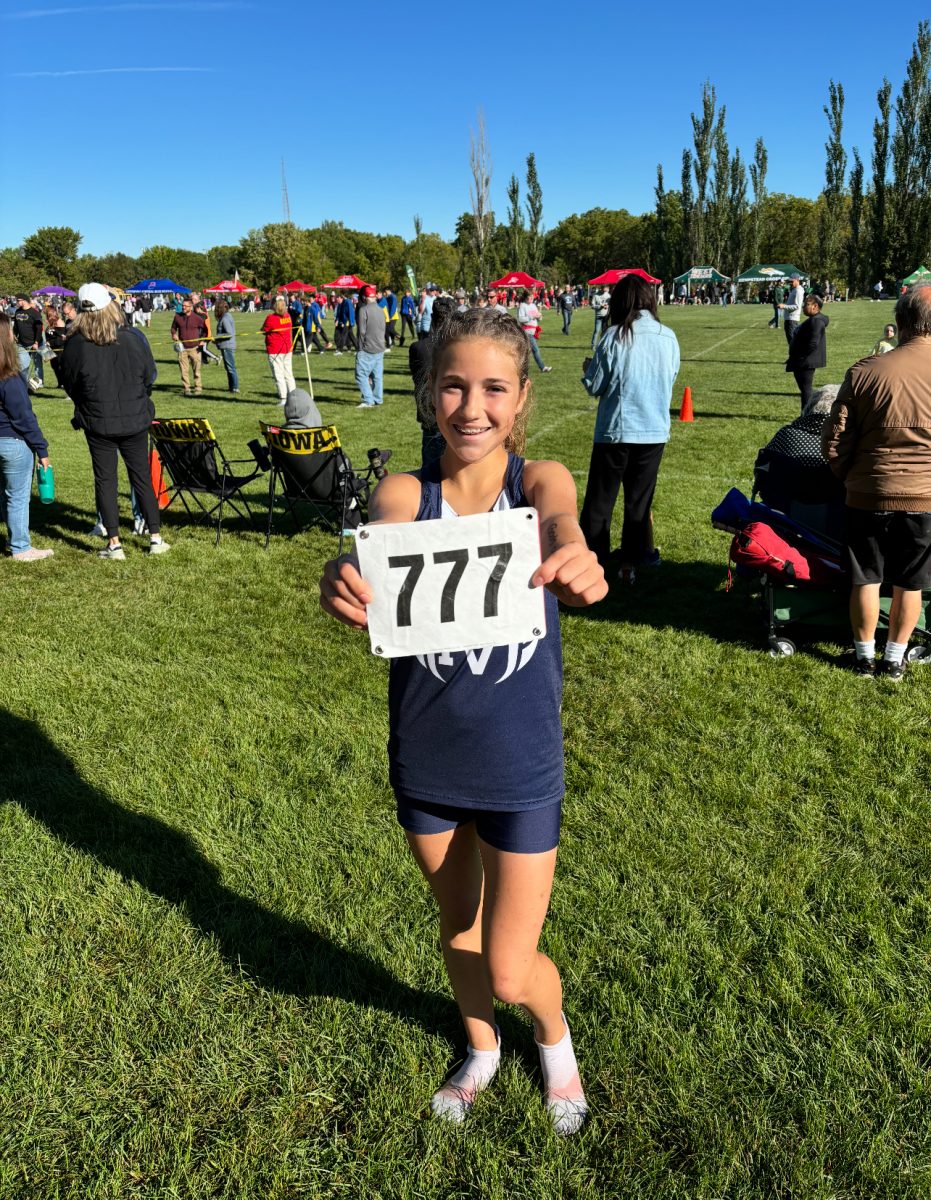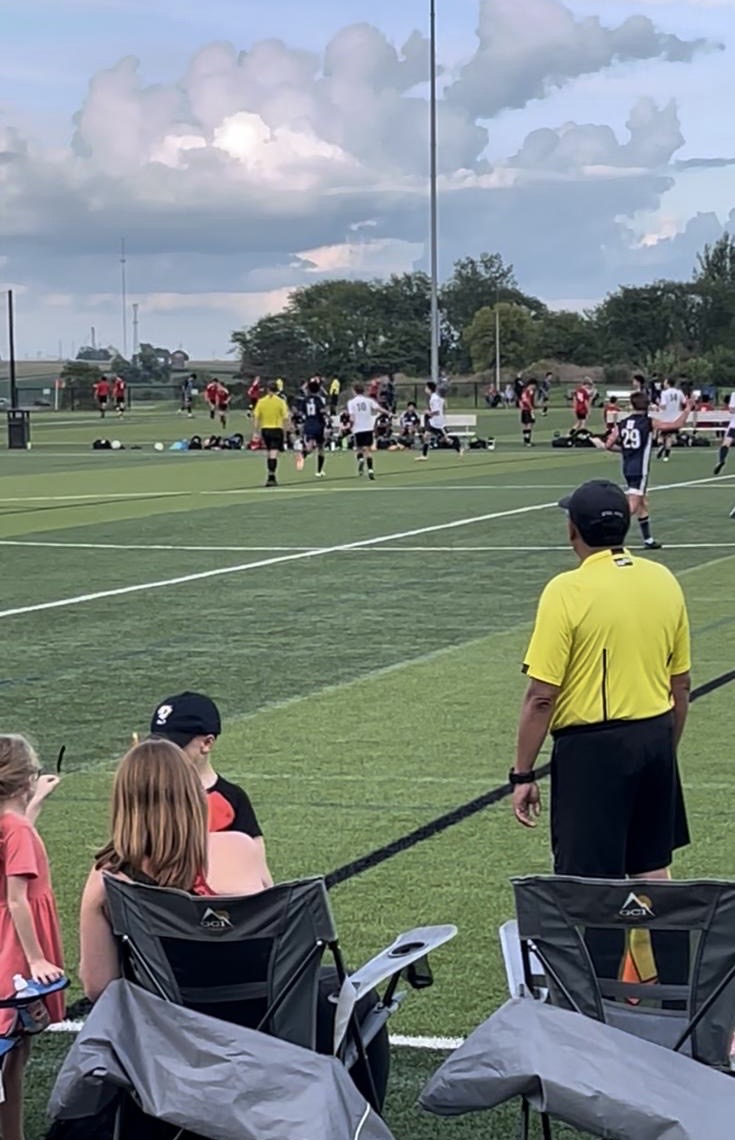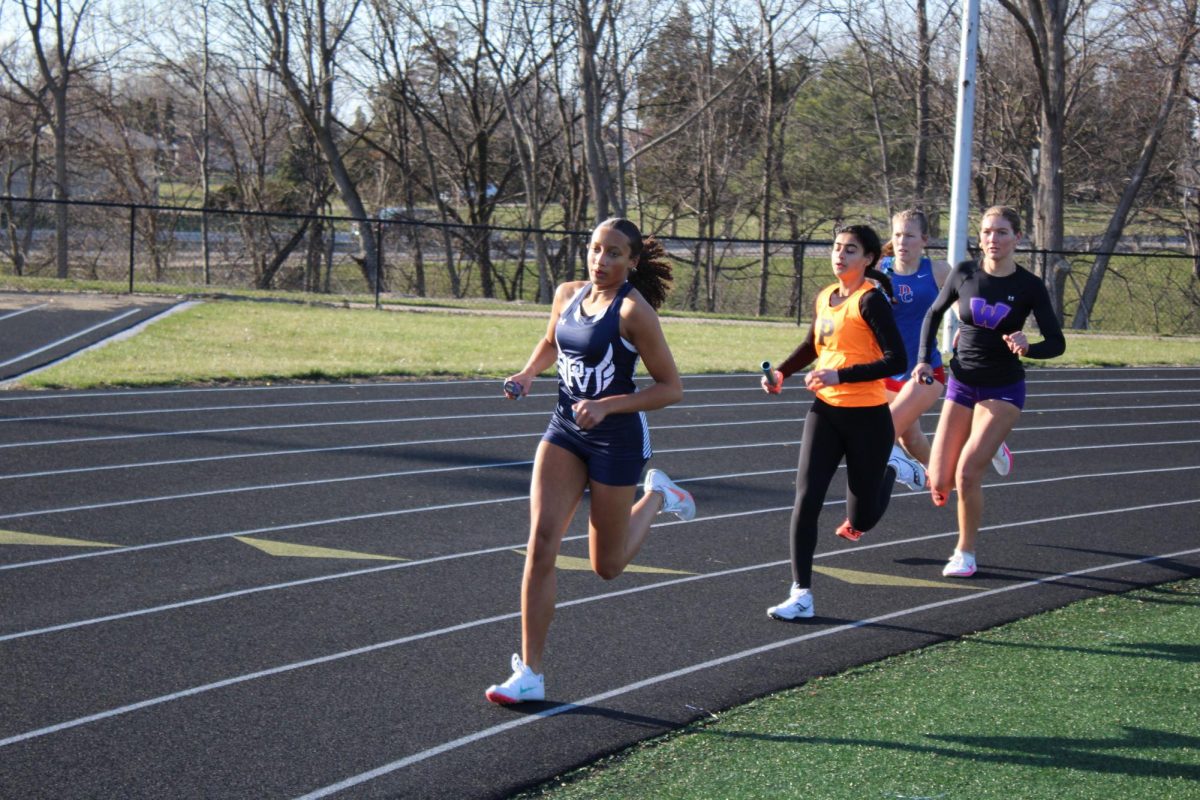Athletes face scrutiny and pressure from coaches, teammates and prominently, by organizations, all the time.
The Jan. 2 Bills-Bengals NFL game showed the public’s insensitivity to the shock and trauma faced by athletes who watch a teammate or opponent become severely injured while in competition.
The game was stopped when Bills safety Damar Hamlin collapsed on the field in the first quarter. Hamlin collapsed seconds after standing up from a tackle against Bengals wide receiver Tee Higgins. CPR was administered on the field and taken to the Cincinnati Medical Center by ambulance.
After Hamlin was taken off the field, each team was given five minutes to warm up before resuming the game. Players who had just witnessed their teammate collapse after a hard hit and did not know the state of his health were being told to get back for the rest of the game.
Senior track runner Avery Menke, has had to go back to a race after witnessing a competitor’s severe injury. “It’s hard mentally because you start to fear the same thing happening to you and you worry about your teammate,” she said.
Only after conversations between coaches and referees was the decision made to suspend the game. On Jan 3, the NFL announced that the game would be further postponed before canceling it entirely on Jan 5.
Sports commentator and columnist Skip Bayless tweeted shortly after the Bills-Bengals game was stopped, “No doubt the NFL is considering postponing the rest of this game – but how? This late in the season, a game of this magnitude is crucial to the regular-season outcome…which suddenly seems so irrelevant,” she stated. This tweet was shortly followed by thousands of comments from people condemning Bayless for the insensitive statement.
Many organizations focus on the transactional and business side of sports, what will bring in the money. With the severity of this injury though, many people have been sending condolences to the family and team of Hamlin without a care about the cancellation of a game. The backing of Hamlin and his family has been across social media and his family has shown how much they appreciate it and how it has promoted the same reaction from sports organizations including the NFL.
Earlier this year the NFL received backlash as current concussion protocols allowed Miami Dolphins quarterback Tua Tagovailo to go back to playing after suffering an extremely severe concussion that resulted in him collapsing. After he went back to play, Tagovailoa was hit again and collapsed, with many saying the signs of his original concussion were still showing.
As the Dolphin quarterback’s injury caused large amounts of backlash, an investigation was initiated to find out why the player was rushed back and how the concussion and injury assessment allowed him to return to the field.
These are just two of many NFL injuries which have caused a backlash on the insensitiveness of fans and teams themselves putting the benefit of the player last and risking further injury.
Insensitivity towards players is not only seen in the professional world, but also in high school and club athletics as well.
PV has had its share of sidelined athletes coming back too soon and promptly suffering a reinjury Some PV athletes have felt coaches, other players and other people in the community put pressure on them to continue playing during an injury or while recovering.
Senior Andrew DePaepe tore his labrum in a football game this season and chose to focus on surgery and recovery instead of playing through the injury. “I just felt frustrated when I had people telling me I should have played with the tear and not just being supportive,” he stated.
The sports industry as a whole is being criticized for allowing the benefit of players to be put after teams and fans. As major injuries create commotion, some people are starting to speak up against the insensitivity that organizations and the culture are promoting.


